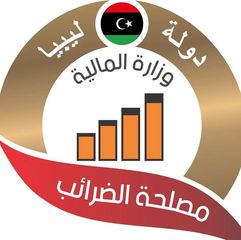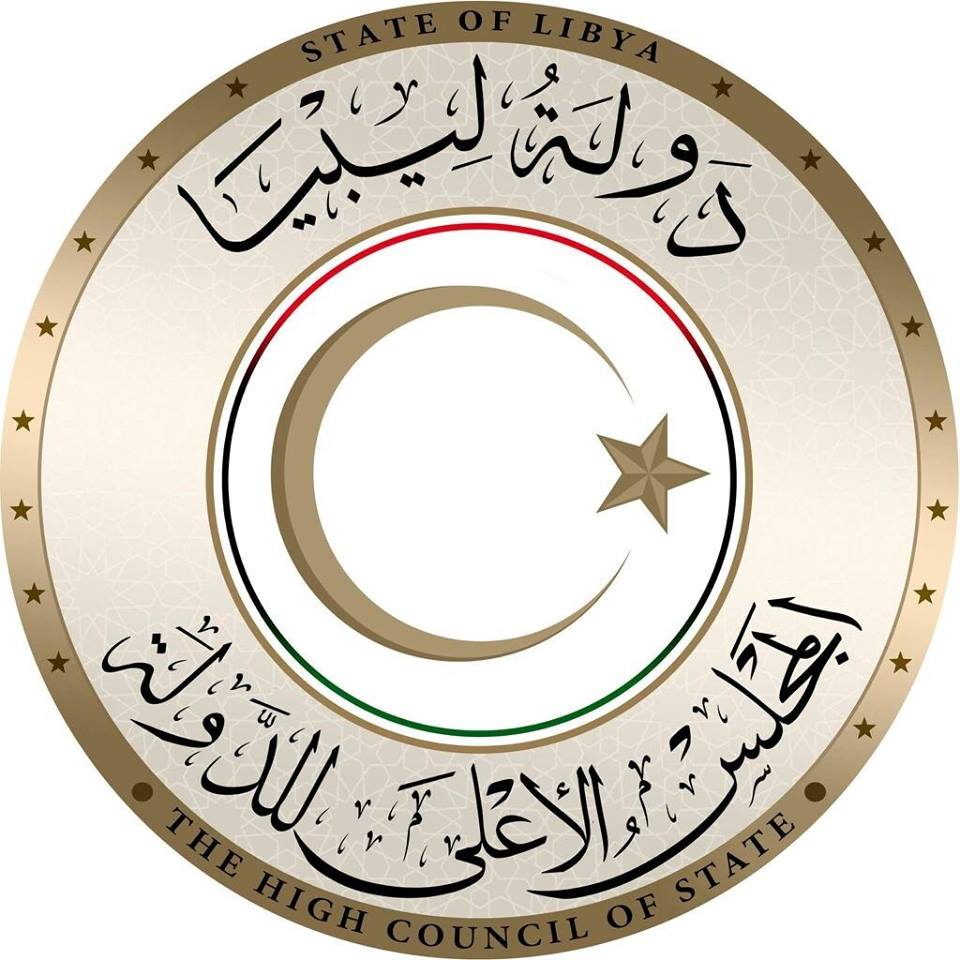By Sami Zaptia.

London, 28 April 2021:
The Central Bank of Libya (CBL) reported yesterday that the liquidity problem will end across all Libya.
The revelation came after CBL Governor Saddek El-Kaber held a meeting yesterday at the Banking and Currency Control Department at the CBL that included the General Managers of commercial banks and the state e-payments company Moamalat.
During the meeting, the implementation of the plan previously agreed upon with the banks to solve the liquidity problem was followed up. The banks reported that all their branches are open to customers with sufficient stock of liquidity in their vaults, which means that ‘‘the liquidity problem will end in most regions of the country’’, the CBL reported.
The meeting also touched on the level of achievement in developing e-payment services in all banks and updating banking systems.
During the meeting, the Governor also directed some commercial banks to quickly close their closing balance sheets and settle the accumulated suspensions.
With regard to the issue of clearing, the governor stressed commercial banks to speed up the clearing of instruments between banks and foreign exchange operations, especially after they the second instalment of the CBL loan was granted to commercial banks.
The Governor also noted the importance of the role of the banking sector to move the wheels of the economy and support the private sector within the framework of a common vision with the government during the next phase.
A drop in use of e-payments
Meanwhile, on Monday, Musbah Akkari, member of the CBL Committee for Adjusting the Libyan Dinar Exchange Rate warned that the use of e-payments has recently dropped reflecting the increased availability of cash at banks.
He noted that the number of activated cards increased by 89,000 cards during this quarter to 864,752 cards, but the value of purchases using cards decreased by 69 million dinars at the end of the first quarter of this year.
He said Libyans clearly still prefer to deal in cash rather than by card but hoped that Libyans will continue to use cards for their purchases, especially in light of the disappearance of the prohibitive cost premium that used to be charged by merchants (around 20 percent) for card payments.
Moamalat POS processing centre to float 30 percent, 2,000 new machines ordered | (libyaherald.com)
Tripoli’s Finance Ministry discusses developing e-payments systems | (libyaherald.com)






